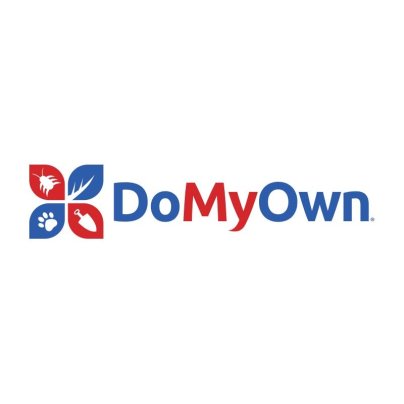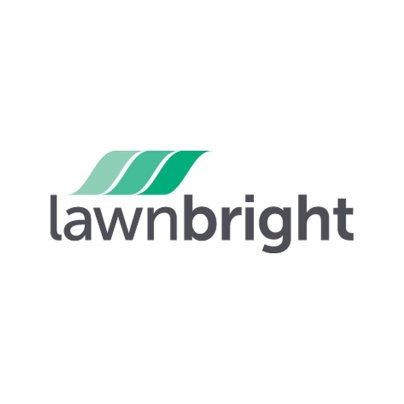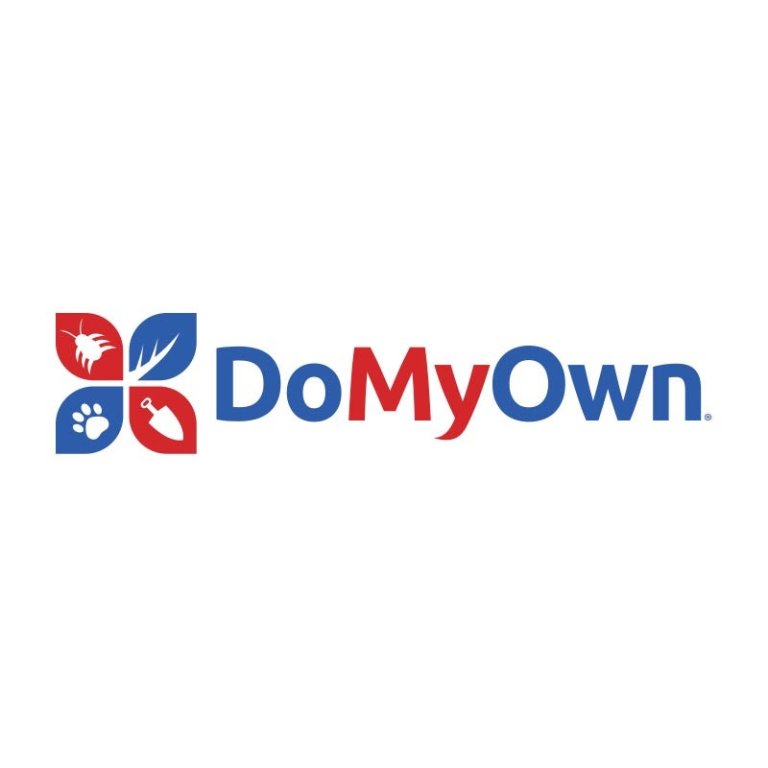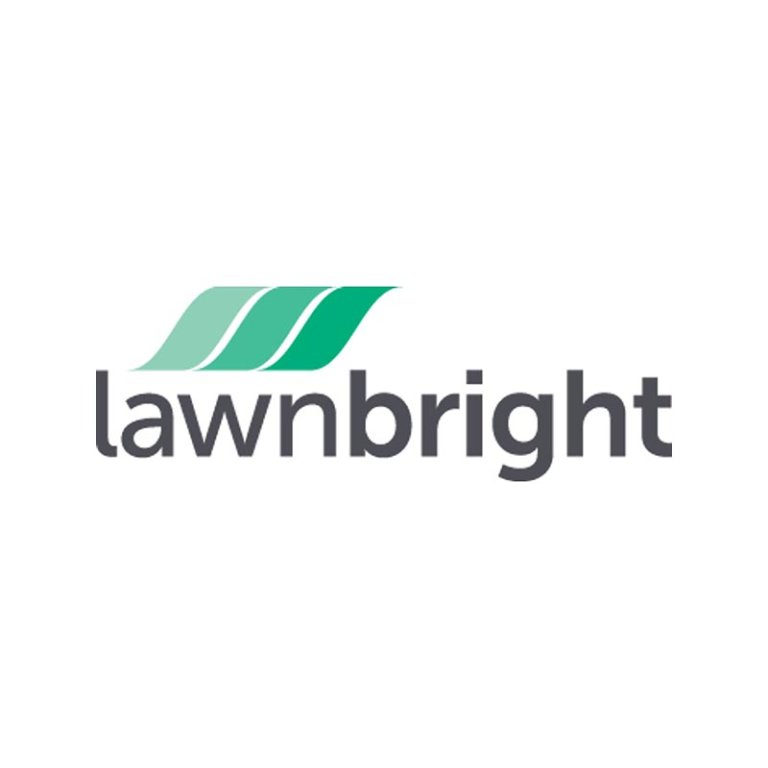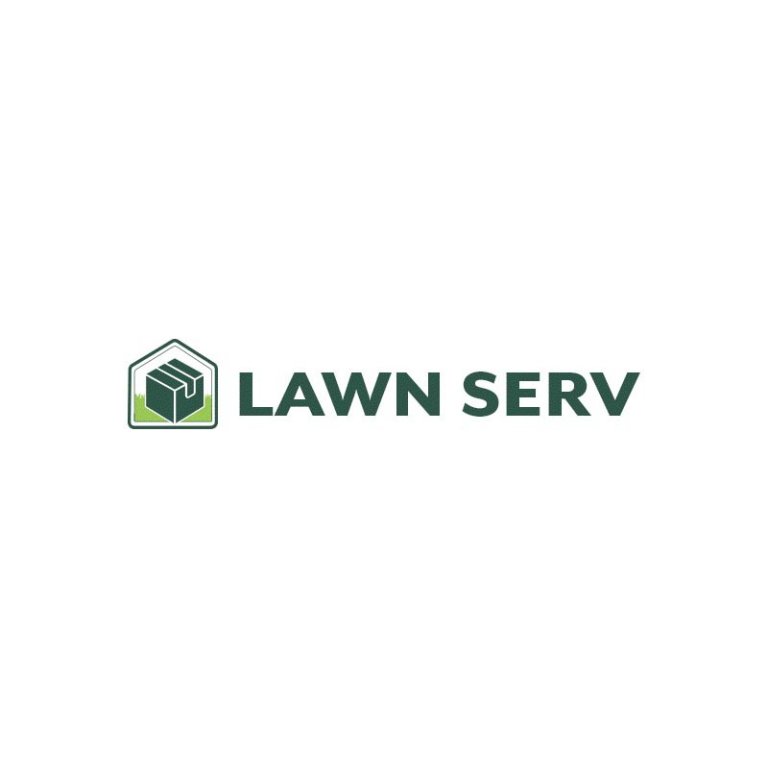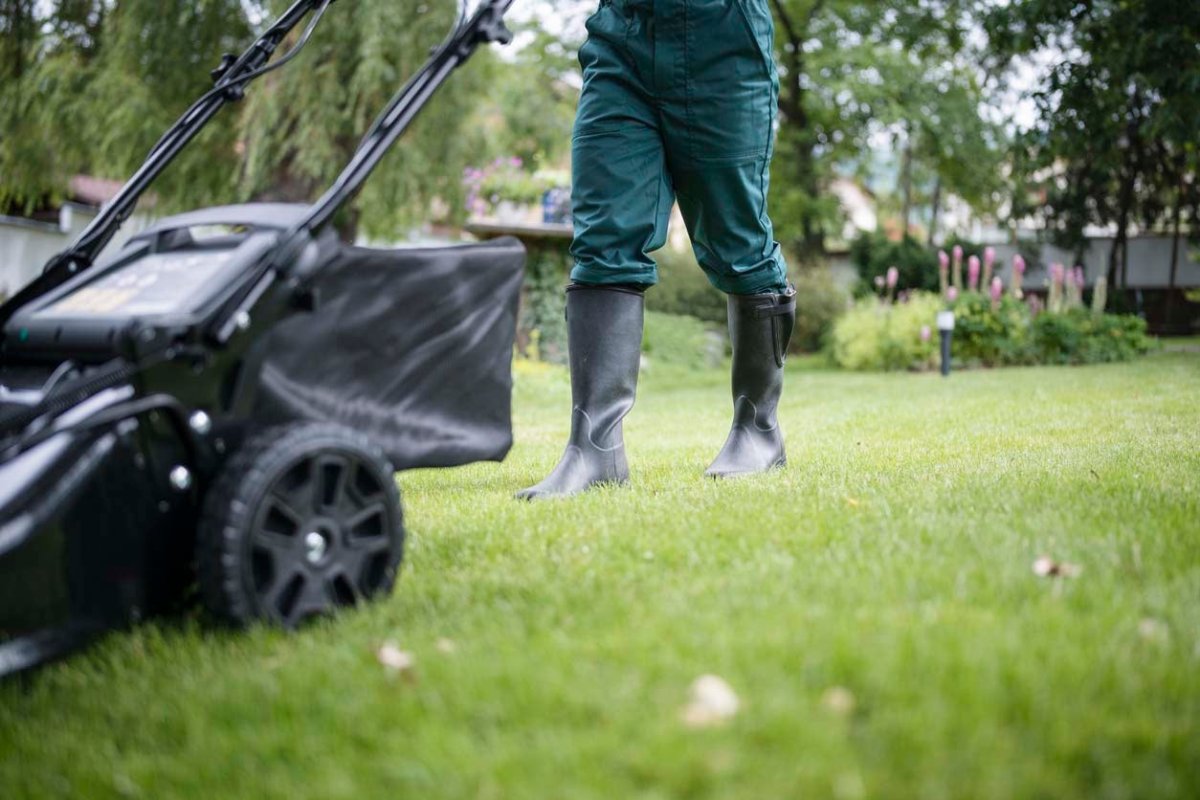
We may earn revenue from the products available on this page and participate in affiliate programs. Learn More ›
Ask the average homeowner if they want a healthy green lawn and they’ll likely say yes. But mere desire for a lush lawn isn’t enough: it’s critical to establish a lawn maintenance schedule and a lawn fertilizer schedule by applying the right product at the right time of year. The best DIY lawn care programs take the guesswork out of what to apply when by offering customers easy-to-follow lawn care plans delivered right to their doorsteps, along with treatment options to improve soil quality, repair damage, and control pests. Homeowners can learn about the top DIY lawn-care subscription services to find the best programs available for their needs.
- BEST OVERALL: Sunday Lawn Care
- BEST FOR WEEDS AND DISEASE: DoMyOwn Turf Box
- BEST CUSTOMER SUPPORT: Lawnbright
- ALSO CONSIDER: Lawn Serv
At-a-Glance Comparison
| Cost | Shipment Frequency | Ingredient Type | Herbicide Type | Product Type | Pests Treated | |
| Sunday Lawn Care | Starting at $109 per year | Seasonally | Natural, plant- derived | Post-emergent | Liquid | Ants, mosquitoes, ticks, grubs, spiders |
| DoMyOwn Turf Box | Varies by location | Monthly | Synthetic | Pre-emergent | Granular | Ants, mosquitoes, ticks, grubs, spiders, wasps, hornets |
| Lawnbright | Starting at $140 per year | Every 6 to 8 weeks | Natural, plant- derived | Pre-emergent | Liquid | Mosquitoes, ticks |
| Lawn Serv | Starting at $39 per month | Monthly | Natural, plant- derived; synthetic (depending on plan) | Pre-emergent and post-emergent | Liquid and granular | Mosquitoes, ticks |
Our Top Picks
The DIY lawn care programs and lawn care product subscription services that were evaluated offered the most comprehensive array of products while also offering nationwide shipping. Other considerations included packaging, sustainability, environmental impact, cost of programs, and variety of additional products offered.
Best Overall
Sunday Lawn Care
Pros
- Comprehensive custom lawn plan process
- Transparent sustainability and business practices
- Location-based live plant and tree suggestions
- Sustainable A-LIST-approved grass seed
- Commitment to sustainable practices as a 1% for the Planet member
Cons
- Minimal product usage instructions
Specs
- Cost: Starting at $109 per year
- Shipment frequency: Seasonally
- Ingredient type: Natural, plant-derived
- Herbicide type: Post-emergent
- Product type: Liquid
- Pests treated: Ants, mosquitoes, ticks, grubs, spiders
Why It Made the Cut: With nationwide availability in all 50 states and Washington, D.C., Sunday Lawn Care is an industry leader with its comprehensive, easy-to-follow lawn care program, A-LIST approved grass seed, location-specific plant recommendations, and commitment to sustainability.
Sunday Lawn Care offers a DIY lawn care solution customized through survey questions about factors such as climate, location, and the size and condition of the lawn. The first box contains a soil test kit, which helps Sunday determine the soil pH and formulate a customized treatment. Sunday also offers grass seed, which can be included in a customer’s plan for overseeding. Customers can also purchase plants separately—including perennials, trees, and shrubs—recommended for their USDA growing zone. Plants that will not survive in the customer’s climate are clearly labeled as such, and those that will are shipped when it’s the right time of year for them to go in the ground.
Sunday subscription boxes are shipped seasonally, but the exact number of shipments can vary depending on the length of the growing season. Customers may receive just two shipments or as many as five from the start of the season to the end. It is also possible to begin Sunday mid-season. The number of products and frequency of shipments can also vary based on which plan customers choose. Beyond fertilizer, Sunday also offers pest control, post-emergents, pet damage repair, and treatment for heat-stressed lawns—anything a homeowner could need to get their lawn in tip-top shape. Although Sunday provides products that cover areas ample enough for the average homeowner, the coverage is 13,500 square feet and may not be enough for a more expansive estate. Some customers also found the literature provided with their lawn care kit to be minimal or unclear. This is worth noting since a lack of clear instructions could result in mistakes that impact the effectiveness of the treatment.
Maintaining a lawn isn’t always the most eco-friendly practice, but customers can feel good about using Sunday Lawn Care products without sacrificing the turf aesthetic they’re looking for: Sunday’s products are natural and plant-based, and they include 30 percent post-consumer recycled packaging and transparent recycling guidelines. Sunday also publishes an annual report that goes in depth about its sustainability measures and uses only grass seed from A-LIST, a nonprofit that works with turfgrass industry members to create and promote more sustainable grass varieties and growth methods. Sunday is also a member of 1% for the Planet, a global movement inspiring businesses and individuals to support environmental solutions through membership and everyday actions.
- Learn more with our Sunday Lawn Care review.
Sunday Lawn Care is a 2025 recipient of BobVila.com’s Home Improvement Hero designation.
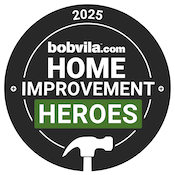 Home Improvement Heroes recognizes the best companies homeowners could call for a problem, project, or service. Our editorial team used a rigorous process to evaluate based on availability, skills, range of services, cost, customer reviews, guarantees, refund policy, customer support, and more. We then independently reviewed each company and hired some for our projects for consideration. See the full list of honorees.
Home Improvement Heroes recognizes the best companies homeowners could call for a problem, project, or service. Our editorial team used a rigorous process to evaluate based on availability, skills, range of services, cost, customer reviews, guarantees, refund policy, customer support, and more. We then independently reviewed each company and hired some for our projects for consideration. See the full list of honorees.
Best for Weeds and Disease
DoMyOwn Turf Box
Pros
- Comprehensive weed and disease solutions
- Wide range of additional lawn and garden products available
- Relatively high maximum coverage limit of up to 20,000 square feet
- Generous 10 percent discount on additional DoMyOwn products
Cons
- No fertilizer included as part of the custom plan
Specs
- Cost: Varies by location
- Shipment frequency: Monthly
- Ingredient type: Synthetic
- Herbicide type: Pre-emergent
- Product type: Granular
- Pests treated: Ants, mosquitoes, ticks, grubs, spiders, wasps, hornets
Why It Made the Cut: DoMyOwn Turf Box offers low-cost DIY solutions to common lawn problems such as fungus, weeds, and pests, with treatments covering lawns up to 20,000 square feet. Subscribers also enjoy a 10 percent discount on an extensive selection of additional lawn care products.
When it comes to tackling issues with lawns, DoMyOwn Turf Box makes it easy for customers to diagnose and resolve the most common problems they’ll face, including weeds, disease, and pests. After customers take a simple diagnostic test that includes their location and type of grass seed (customers will need to know the type of grass they have), DoMyOwn Turf Box creates a custom program with products shipped at the time they should be applied, taking the guesswork completely out of the equation. Customers can choose from a plan that offers DIY lawn care weed control, disease control, or a package of both weed and disease control so they only receive the treatment their lawn truly needs. Customers with large yards or properties will also be pleased to know that DoMyOwn Turf Box has a maximum coverage limit of 20,000 square feet, which is relatively large for a DIY lawn care program.
The DoMyOwn website sells fertilizers, pre-emergent herbicides, fungicides, and pest control solutions for grubs, ants, ticks, and mosquitoes, but these are not included in the subscription box and can be purchased as needed. Customers who sign up for a lawn care subscription box receive an additional 10 percent off these lawn care products.
Best Customer Support
Lawnbright
Pros
- In-depth consultations with lawn care professionals available
- Real-time lawn care instructions available via text message
- Percentage of each sale donated to eco-friendly nonprofit
Cons
- Standard plans unavailable for lawns over 10,000 square feet
Specs
- Cost: Starting at $140 per year
- Shipment frequency: Every 6 to 8 weeks
- Ingredient type: Natural, plant-derived
- Herbicide type: Pre-emergent
- Product type: Liquid
- Pests treated: Mosquitoes, ticks
Why It Made the Cut: Lawnbright is an environmentally conscious service offering plant-based, easy-to-apply lawn care products that are free of harsh chemicals. It also stands out for its impressive customer support, including consultations with pros and text message instructions and alerts.
Lawnbright offers DIY lawn treatments that are tailored to customers’ unique lawn care needs based on location, lawn size, and soil tests. The company’s product selections include weed control, pet spot treatment, mosquito and tick control, fertilizer, soil savers, and more. The company’s “Ingredient Promise” guarantees that all products are composed of natural ingredients like cedar oil, kelp, and corn gluten meal. This means that products are completely free of harsh chemicals that can be detrimental to people and the planet. Customers can choose from three plan options based on their lawn size. It’s worth noting that the maximum lawn size for these plans is 10,000 square feet, so larger properties will require a custom quote that may have a higher price point. Treatments are scheduled to arrive every 6 to 8 weeks and are automatically paused during a region’s inactive months.
Another key reason to consider Lawnbright is its outstanding customer support. Customers who have specific questions or want additional support can take advantage of the company’s consultation service and speak with a member of the Turf Team for more hands-on support. Lawnbright also offers free Turf Alerts, which are text messages containing useful information about inclement weather and lawn care tips such as lawn fertilizing schedules and how often to water the lawn. For customers who are inexperienced and have never devised a do-it-yourself lawn care schedule, this additional support can provide some peace of mind. Specific details about these support services are a bit sparse, so those interested will need to reach out to the company to learn more before signing up for a plan.
Finally, Lawnbright shows a commitment to sustainability by donating a percentage of each sale to Non Toxic Communities, a nonprofit organization that supports communities in efforts to reduce toxic chemicals in their air, water, and soil. Homeowners who prioritize sustainability may feel most comfortable opting for a company that also demonstrates this value.
Also Consider
Lawn Serv
Pros
- Custom lawn care boxes adjusted each month for local weather updates
- Pre-emergent and post-emergent herbicides available
Cons
- Limited stock with online shop
- Some plans contain synthetic products
Specs
- Cost: Starting at $39 per month
- Shipment frequency: Monthly
- Ingredient type: Natural, plant-derived; synthetic (depending on plan)
- Herbicide type: Pre-emergent and post-emergent
- Product type: Liquid and granular
- Pests treated: Mosquitoes, ticks
Why It Made the Cut: Lawn Serv’s monthly DIY lawn care boxes are meticulously optimized based on customers’ local weather and climate conditions. It also offers both pre-emergent and post-emergent herbicides.
Lawn Serv uses a science-based approach to deliver customized DIY lawn care packages. The company analyzes weather data from a customer’s location to determine exactly what their lawn might need and what products to include in each monthly shipment. Lawn Serv offers three plan options: Traditional (containing mostly synthetic products), Mostly Natural (containing synthetic weed control and otherwise natural products), and All Natural (containing only natural products and no weed control). The Mostly Natural and All Natural Plans have a slightly higher cost than the Traditional plan, although they are still among the most inexpensive lawn care service plans in the DIY space. Lawn Serv’s packages are shipped monthly, and the company allows customers to pause, cancel, or customize their deliveries at any time. It also offers seasonal lawn care subscriptions and will pause deliveries during non-growing periods based on region.
In addition to its subscription boxes, Lawn Serv has a variety of products and tools available for purchase on its website, although stock may be somewhat limited. Notably, the company offers both pre-emergent and post-emergent herbicides, allowing homeowners to tackle weeds at all stages of development. This way, customers can keep their lawns free of weeds all year long.
Our Verdict
For comprehensive do-it-yourself lawn treatment including DIY weed control, environmentally safe DIY lawn care chemicals, and plenty of customizable add-ons, Sunday Lawn Care is the top pick for the best lawn care subscription service. We gave the Best for Weeds and Disease designation to DoMyOwn Turf Box due to the many effective DIY solutions to common lawn care problems like pests, weeds, and disease.
How We Chose the Best DIY Lawn Care Programs and Subscription Services
To select the best DIY lawn care programs and subscription services, dozens of options were considered that offer some of the best lawn care products delivered directly to the customer’s doorstep. A variety of considerations, including cost, range of products and plans, and frequency of shipments were factored in. Environmental impact was another consideration both in terms of manufacturing and packaging as well as product ingredients, focusing on companies that offered more plant-based products for environmental and ethical reasons. Other relevant considerations were whether or not a company offered pest control or disease solutions, and if any additional products were sold, such as plants and grass seed.
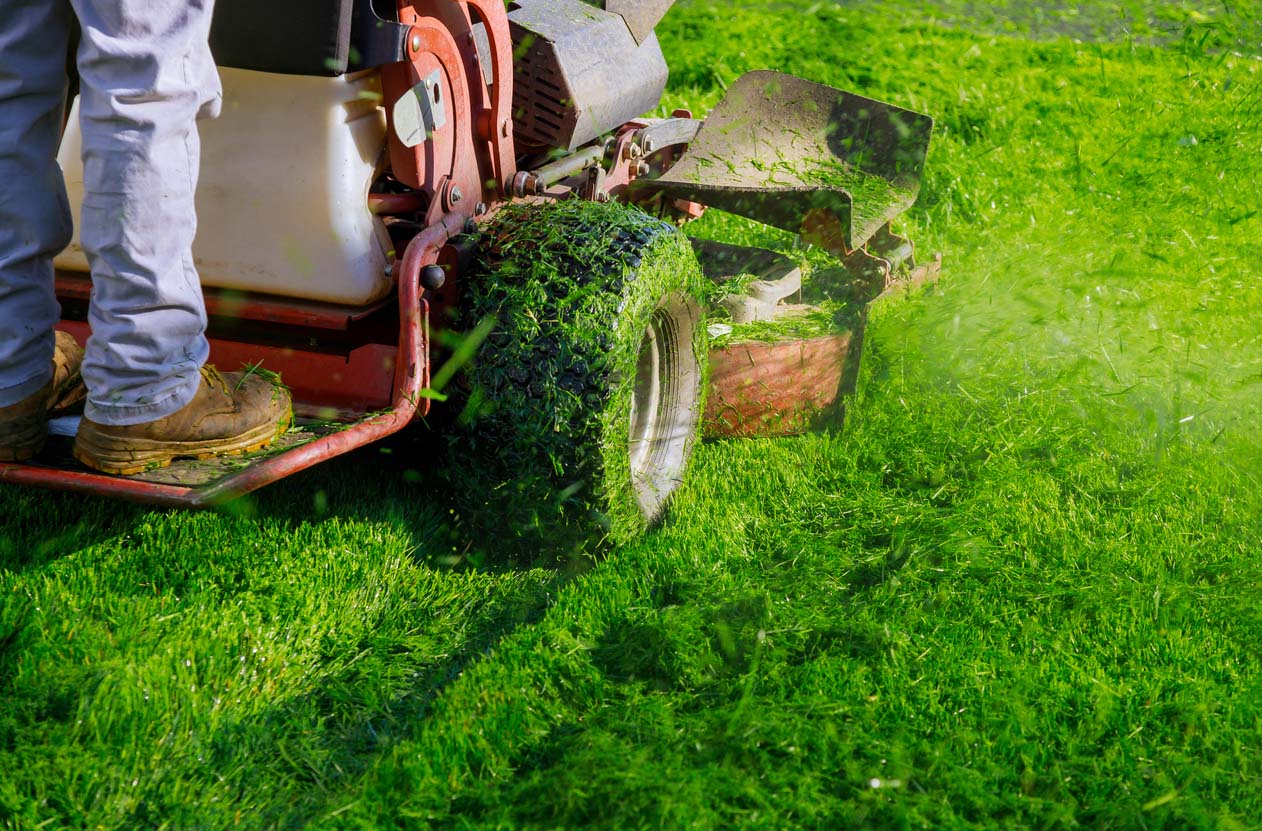
What to Consider When Choosing a DIY Lawn Care Program
Before investing in a DIY lawn care program or subscription service, there are a number of factors to take into consideration. Establishing a lawn care schedule is important to achieving a healthy lawn, but each lawn care program offers different solutions and add-ons. Whether a product is organic, plant-based, or animal-based factors in, too. Customers will want to consider how often products are shipped and what kind of packaging the products arrive in. Cost is also a consideration: It may be worth it to pay a little more for the desired products, but no one wants to pay top dollar and receive a subpar product. Learning about these DIY lawn care programs up front will help customers determine which one is right for their lawn.
Subscription Plan Details and Cost
When comparing DIY lawn care subscriptions, in order to create the most effective lawn care schedule, customers will want to know how often the products are shipped. Many do-it-yourself lawn care treatment plans are based on the seasons, and products are shipped accordingly, with some lawn care subscription services delivering products monthly during the active growing season.
When it comes to the cost of DIY lawn care products, there can be a wide range of price points depending on the type of plan and products included, as well as whether the customer pays up front for an entire year or season or if they pay each month.
Ingredient and Product Details
With do-it-yourself lawn treatment, the ingredient lists can vary dramatically from product to product. It’s important for would-be customers to know what is in the product they are applying to their grass to determine if it aligns with their needs and values.
- Natural vs. synthetic ingredients: Organic fertilizers are made with natural ingredients, meaning that the fertilizer is derived from organic plant or animal sources. These natural ingredients improve the structure of the soil, providing the three primary nutrients for healthy soil: nitrogen, phosphorus, and potassium. Organic ingredients break down slowly and are released gradually over time, creating a sustainable source of nutrients for plants. Natural ingredients not only provide the primary nutrients plants need, but they often have secondary and micronutrients as well, which are typically absent in synthetic fertilizers. Synthetic ingredients can provide a quick, high-performing boost of nutrients, but they can also lead to stressed, overfed plants or burned lawns. One of the quickest ways to accidentally ruin a lawn is overfertilizing, so it’s helpful to look for a lawn care program that provides detailed instructions for use whether the fertilizer is synthetic or natural.
- Plant-derived vs. animal-derived ingredients: Fertilizers can contain both animal-derived and plant-derived ingredients. Both types can provide the nutrients that soil and plants need. Some of the most common fertilizers have a combination of both animal- and plant-derived ingredients.
- Animal-based fertilizers contain ingredients such as bone meal, blood meal, and fish meal, as well as animal waste–based ingredients such as cow or chicken manure. These ingredients frequently have a strong odor. Some of these ingredients, especially manure, can burn plant roots because they contain too much nitrogen. Animal waste–based ingredients are also high in salt, which can kill the healthy microbes in the soil. This is one of the reasons that animal-derived ingredients are considered less environmentally friendly than plant-based ingredients. Additionally, those who are concerned with animal rights may consider animal-derived ingredients unethical.
- Plant-based ingredients include corn gluten, soybean meal, and molasses, and they naturally tend to have less odor. Plant-based ingredients break down slowly over time, which provides a more sustainable source of nutrition for the plants.
- Liquid vs. granular products: Any lawn fertilizer schedule will depend on the type of products being applied and whether the user is fertilizing new grass versus established turf.
- Granular fertilizers are dry, typically small pellets or somewhat sand-like in texture. Many granular fertilizers are slow release and break down over time, gradually releasing the nutrients into the soil. However, there are quick-release granular fertilizers as well. Slow-release granular fertilizers usually require just one application per season.
- Liquid fertilizer is a concentrate that is diluted with water before applying. Liquid fertilizer concentrate may be liquid, or it can be in a soluble form that dissolves in water. Most liquid fertilizers are quick-release solutions, providing immediate nutrients to the plants. These can be effective but will require reapplication.
- Pre-emergent vs. post-emergent herbicides: An herbicide is a substance that is toxic to plants and can be used to destroy unwanted vegetation, such as weeds. Conventional herbicides are classified into two categories: pre-emergent and post-emergent. A pre-emergent herbicide is designed to prevent weeds from growing by killing off the weed seed during germination. A post-emergent is applied to kill existing, sprouted weeds. It does not kill off the new seeds or prevent them from germinating. Different lawns may benefit from each product, and the efficacy will often depend on outdoor conditions, such as sunlight and rainfall.
Lawn Disease Treatment and Prevention
While prevention of lawn diseases is generally emphasized through healthy lawn care practices and good lawn nutrition, before investing in a lawn care subscription, it’s a good idea to be sure any DIY lawn care program offers some options for the treatment of lawn fungus and diseases.
Lawn fungus and diseases can occur for a variety of reasons, including improper mowing, overwatering, and using the wrong kind of fertilizer. Despite a good lawn care routine, at some point a fungus or disease may arise. Common signs include brown patches, yellowing, mushroom growth, or snow mold, which is a silvery substance that appears on the surface of the grass. To avoid paying the cost of a new lawn, it’s important to treat these problems soon after they arise.
Pest Control Product Availability
Just as diseases and lawn fungus are seemingly inevitable, so too are certain turf pests. For this reason, potential customers will want to know what kind of pest control products a lawn care subscription service offers, if any. The culprits most frequently responsible for damaging turf are grubs, chinch bugs, sod webworms, armyworms, and cutworms. Customers may also want to seek out control of insects that don’t damage lawns but can make the outdoors less enjoyable, such as mosquitoes, ticks, and ants.
Many lawn care subscriptions offer pest control along with basic lawn care. When customers are looking for a DIY solution, knowing that the right products are available to suit their pest control needs may also factor into deciding which subscription or lawn care program to choose.
Product and Packaging Sustainability
A lawn care subscription or DIY lawn service that arrives right at a customer’s door is convenient, but many of the products are sent in single-use plastic. Customers who are concerned about sustainability will want to know what type of packaging the lawn care products come in. Does this plastic come from recycled or sustainably sourced materials? Are the plastics themselves recyclable?
Additionally, the manufacturing of fertilizers can create greenhouse gases, which are detrimental to the environment. Customers may want to evaluate whether the company has any policies in place aimed at reducing environmental impact through product manufacturing, packaging, and shipping practices.
Additional Products Available
While customers may choose a company for its variety of lawn care products, having other supplemental products available to order can be a bonus, as it’s convenient to purchase multiple products from one site. These can include lawn care equipment, such as hand tools, mowers, and other garden tools, as well as plants, such as perennials, trees, and shrubs.
Before You Use a DIY Lawn Care Program
While the best DIY lawn care programs aim to take the guesswork out of basic lawn care and empower homeowners to care for their own grass, DIY lawn care is not for everyone. For some, time is a consideration: Though DIY lawn care subscriptions aim to minimize the time involved, taking care of grass including routine maintenance does take a regular investment in time. This may not be possible for a variety of reasons, including mobility. For this reason, hiring one of the best lawn care services to handle routine lawn care may be a better solution. Many lawn care services also include some basic gardening services such as weeding and hedge trimming, making it more appealing for those with limited time or physical limitations. Additionally, some lawn care services are not included in a DIY program but may still be necessary on occasion. For example, lawn aeration costs $140 on average and is recommended annually.
For some homeowners, getting a prize-winning yard may feel impossible due to pests, diseases, heat damage, and neglect. Because so many of the common lawn problems present in a similar way—brown spots, yellow spots, bare spots—it can be difficult to diagnose and therefore resolve the problem. In some cases, a lawn is better off being overseeded or possibly reseeded and replaced entirely (perhaps with sod, depending on the cost of sod vs. seed). This may mean hiring a lawn care specialist to help tackle bigger issues.
Additionally, some gardeners prefer to create a homemade fertilizer. Because fertilizer is the core of these subscription services, if a gardener has this preference, a subscription program may not be worthwhile for them.
Cost of Using a DIY Lawn Care Program
The average cost of the best DIY lawn care program ranges from $39 per month to $140 per year, although the prices can go up considerably if additional products such as grass seed and herbicides are added to the subscription box—closer to $200 per year or more. Customers will want to keep in mind that lawn care is seasonal, so a monthly subscription service will not ship in the dead of winter when the lawn is dormant. Typically, a year includes the spring, summer, and fall; most DIY lawn care programs include what a lawn needs to boost growth in the spring as well as at least one application during the active growing season and follow-up treatment in the fall.
When it comes to comparing costs between DIY lawn care programs versus hiring a professional service, DIY is probably the more affordable lawn care option. The national average cost for a lawn care service visit is about $124, with a range of $48 to $206, depending on the size of the yard and other factors. Throughout the year, a lawn care service will need to visit a number of times, depending on the climate and the time of year. For example, during the active growing season, homeowners may prefer a monthly service, which will set them back an average of $124 per visit for a series of 4 to 6 months. However, customers who are torn between Sunday Lawn Care vs. TruGreen will want to consider that lawn care service can include maintenance as well, such as mowing, edging, and more. A DIY lawn care program requires a homeowner to take care of all of this maintenance themselves.
The Advantages of Using a DIY Lawn Care Program
Having a lush, thriving lawn is an aspirational goal of many homeowners; for many, achieving that healthy lawn is a rite of passage. Besides evoking a sense of pride and boosting curb appeal, here are a few other advantages to using one of the best DIY lawn care programs.
- No guesswork: No more standing in the aisle at the home improvement store trying to remember what to buy.
- Fewer mistakes: Products are delivered to be applied within a specific window, so there’s less chance of applying the wrong product at the wrong time and damaging the grass.
- Control of ingredients: Lawn care services may not offer non-chloride or organic solutions, so DIY lawn care subscriptions offer a way to see exactly what is going in the grass and in the ground.
- Cost-saving: DIY lawn care programs are usually a fraction of the cost of a professional lawn care service.
- Fresh air and exercise: Homeowners who opt for DIY lawn care programs will spend time outside and get a little exercise to boot.
FAQs
Individual lawns have different needs, but there are some common questions that customers have when it comes to DIY lawn care. Here are some of the most frequently asked.
The best mowing pattern is the spiral: starting outside, mow the border then work your way in, spiraling to the middle. Second to the spiral, long stripes are efficient and possibly the most commonly used method. Mow the long edge, make a U-turn, and then mow back in the other direction, creating a striped pattern.
The 1/3 mowing rule is to only mow one-third the length of the grass. By cutting just a third of the length, you’ll keep the lawn healthy without stunting its growth by mowing too short.
According to the University of Maine, the best time to test soil is well before the actual growing season. For example, early spring after the last frost or in the fall before the first frost is ideal. You’ll want to keep in mind that most lab-based soil tests will take at least 3 weeks before you’ll get your results.
Those wondering about the best lawn fertilizers and the best grass fertilizer schedule will want to note that it is ideal to fertilize after mowing and raking the lawn, as this will make it easier for the fertilizer to reach the soil.
To avoid overwatering a lawn, it’s best to water two or three times per week. This amount may need to be adjusted if there are periods of heavy rainfall or extreme high temperatures.
The best homemade fertilizer for lawns is compost tea, a liquid concoction made from solid compost matter and sometimes including liquid concentrates such as fish fertilizer or seaweed.

